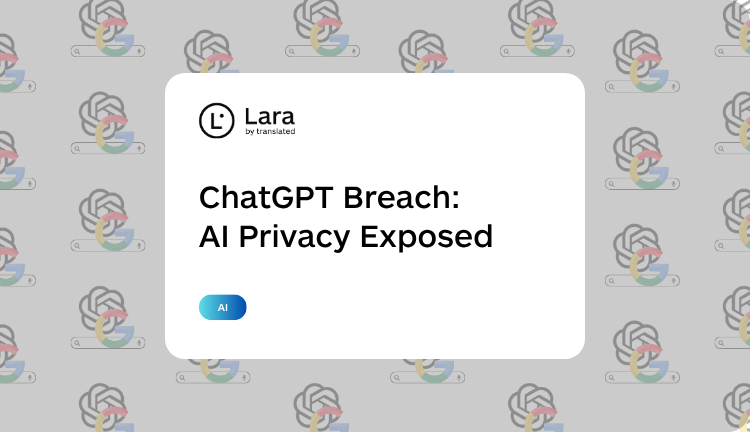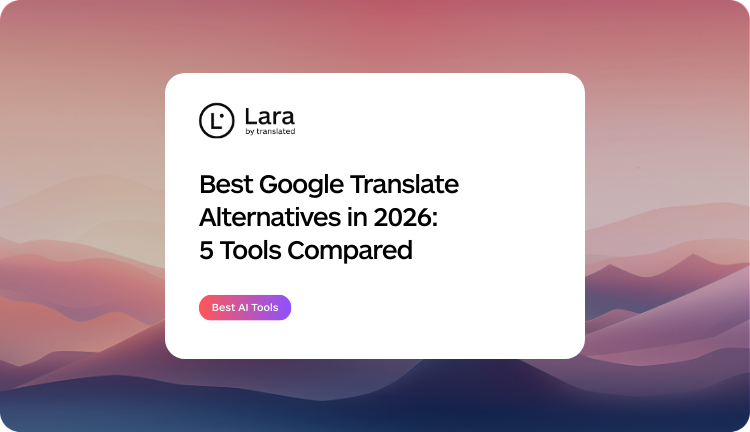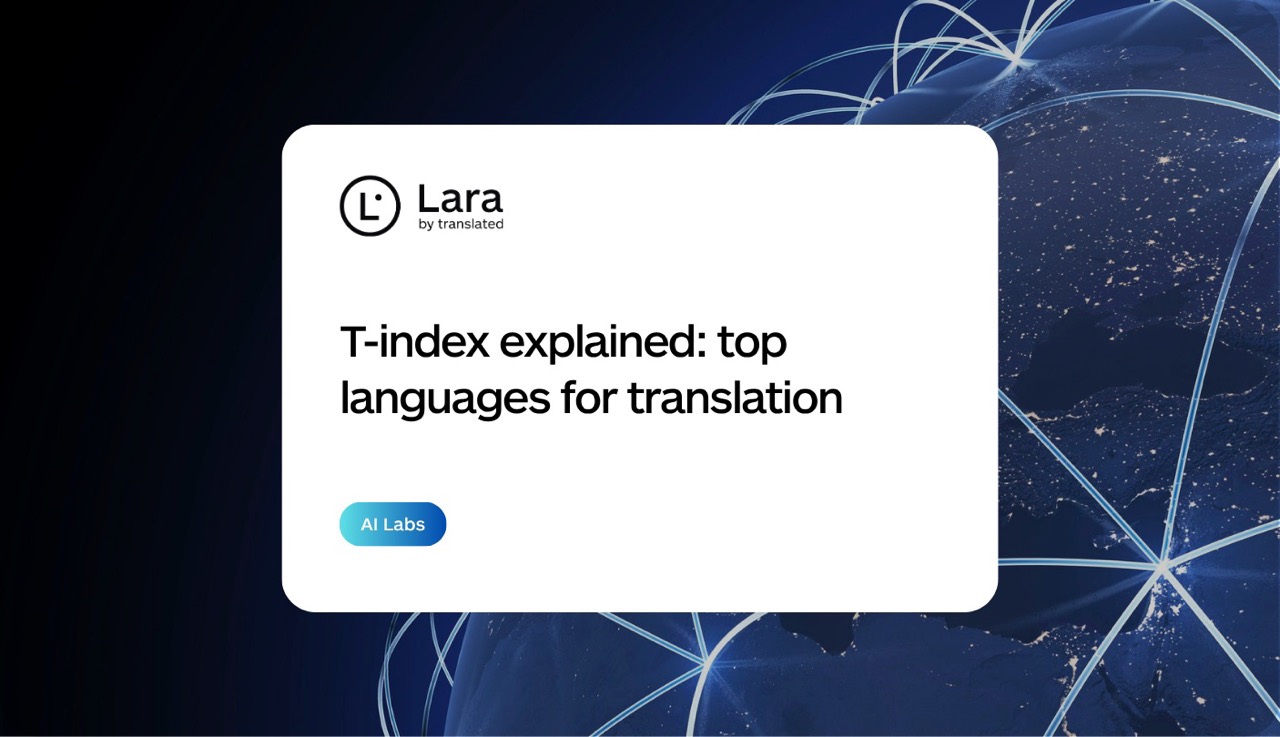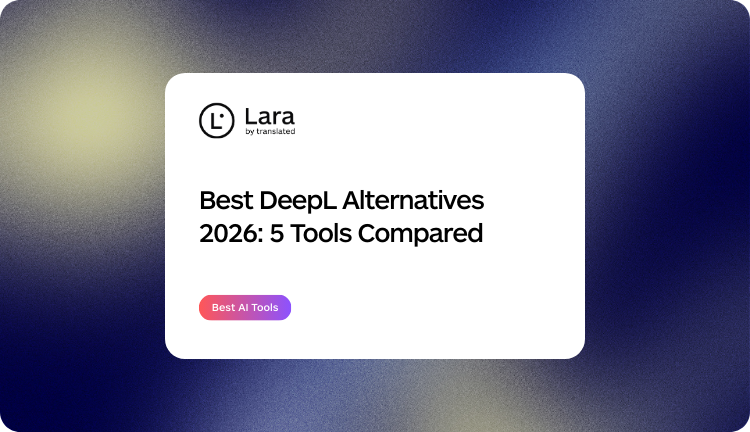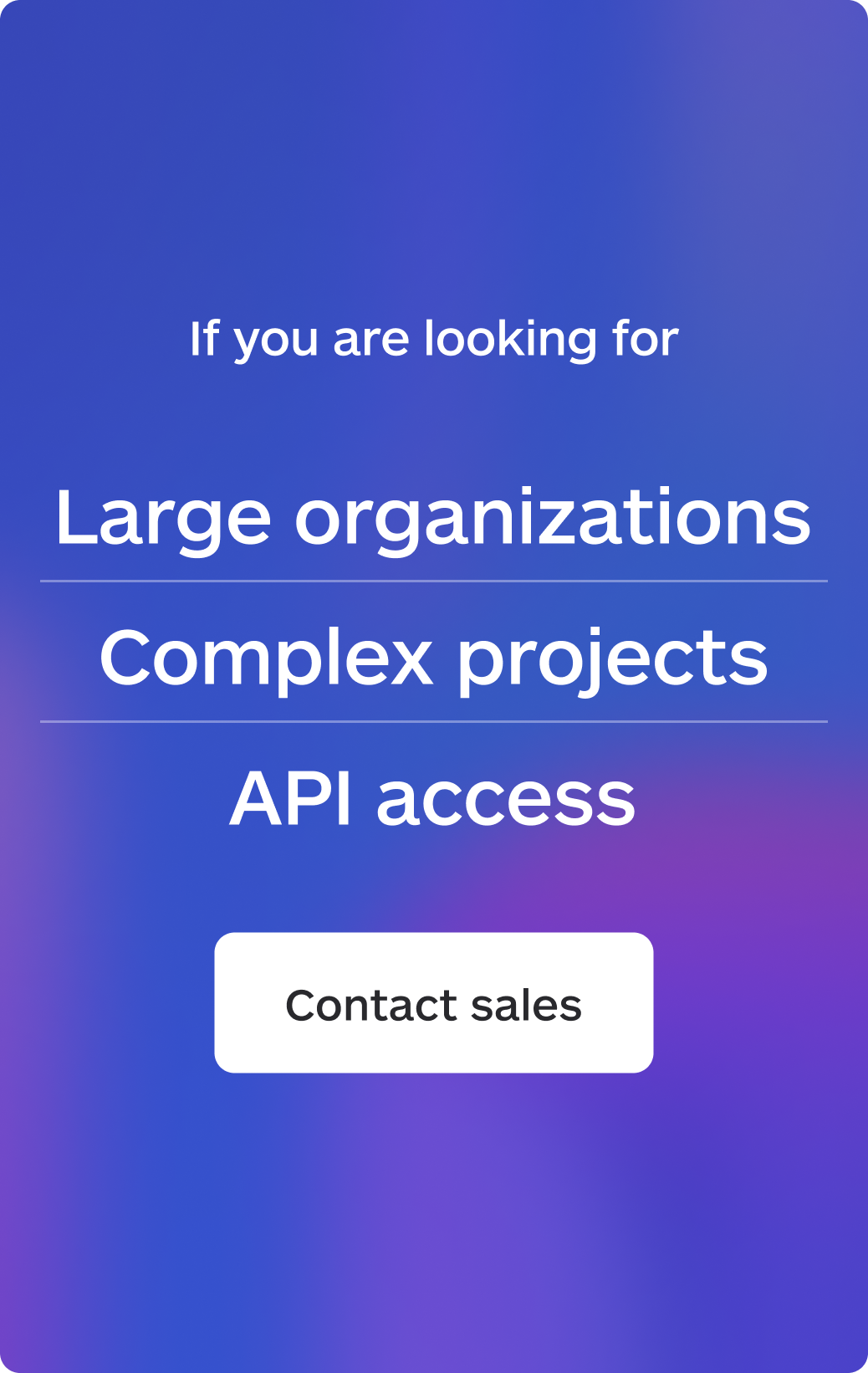Imagine discovering that your private conversations with ChatGPT—discussions about personal struggles, work challenges, or sensitive business matters—were suddenly accessible to anyone with a Google search. That’s exactly what happened to thousands of users when a sharing feature inadvertently made their intimate AI conversations publicly searchable across the internet.
This wasn’t a sophisticated cyberattack or a data breach in the traditional sense. Instead, it was something far more unsettling: a feature that users misunderstood, which turned private thoughts into public knowledge, exposing the deeply personal ways people interact with AI. The incident serves as a wake-up call about the importance of privacy-by-design in AI tools and raises critical questions about which platforms we can truly trust with our most sensitive information.
What Exactly Happened?
The privacy breach wasn’t the result of a cyberattack or technical vulnerability. Instead, it stemmed from a poorly designed feature that allowed users to share their ChatGPT conversations publicly. When users clicked the “Share” button in ChatGPT, they were presented with options to generate a public link. Among these options was a checkbox labeled “Make this chat discoverable,” which, when enabled, allowed search engines like Google to index and make the conversation publicly searchable.
The problem was that many users either didn’t understand the implications of this setting or accidentally enabled it without realizing the consequences. The interface design and warnings about the risks were unclear or easily overlooked, leading to what experts described as a “governance failure” rather than a security breach. The application worked as designed, but users didn’t fully comprehend that enabling discoverability would make their private conversations accessible to anyone with an internet connection.
As a result, anyone could find and read these indexed conversations by simply searching “site: chatgpt.com/share” on Google. The exposed content included a wide range of sensitive information: personal names, mental health discussions, work-related details, confidential business information, legal concerns, and private relationship matters. While OpenAI didn’t attach usernames to these shared conversations, the content often contained identifying information that users had typed directly into their chats.
The Scale and Impact of the Exposure
The breach affected thousands of shared ChatGPT conversations, creating significant privacy risks for users worldwide. The exposed conversations revealed:
- Personal and sensitive data: Mental health discussions, family issues, and private concerns that users assumed would remain confidential
- Professional information: Business strategies, internal communications, and proprietary details that could harm organizations
- Identifying details: Names, locations, job titles, and other information that could be used to profile or identify individuals
- Legal and compliance risks: Conversations containing regulated or confidential information that could create legal liabilities
The incident was particularly troubling because it violated users’ reasonable expectations of privacy. Most people interacting with AI chatbots assume their conversations are private by default, similar to how they might expect privacy when speaking with a human assistant or therapist.
OpenAI’s Response and Remediation Efforts
Following widespread reports and user backlash, OpenAI moved quickly to address the situation. The company acknowledged the privacy risks and immediately disabled the discoverability toggle feature entirely. OpenAI also began working with Google and other search engines to de-index the conversations that had already been made publicly searchable.
In their response, OpenAI stated that while the feature was always opt-in, they admitted that the design “created too many chances for users to inadvertently disclose information they did not wish to share.” This acknowledgment highlighted a critical issue in user interface design: even when privacy controls exist, they must be intuitive and clearly communicated to users.
However, the remediation process revealed another challenge. Deleting a conversation from a user’s ChatGPT account doesn’t instantly remove it from search engine results. Cached pages and archived versions may remain accessible for extended periods, meaning that sensitive information could continue to be exposed even after users attempted to address the problem.
Long-Term Privacy Risks and Implications
The ChatGPT indexing incident exposed several serious privacy risks that extend beyond the immediate breach:
Data Persistence: Once information is indexed by search engines, it can persist indefinitely through caches, archives, and third-party scrapers. This means sensitive information shared during the vulnerable period may remain accessible long after users intended it to be private.
Profiling and Identification: Even though OpenAI anonymized the shared chats, the conversations often contained personally identifiable information entered by users themselves. This data can be used to build profiles or identify individuals, creating ongoing privacy and security risks.
Legal and Compliance Consequences: For businesses and professionals, the exposure of confidential information through indexed conversations could create legal liabilities, regulatory compliance issues, and competitive disadvantages.
Erosion of Trust: The incident damaged user trust in AI platforms and highlighted the need for more robust privacy protections in AI tools that handle sensitive information.
Industry-Wide Implications and Future Changes
This privacy breach is likely to drive significant changes across the AI industry. Experts predict several key developments:
Stricter Default Privacy Settings: Future AI platforms will likely adopt “private by default” approaches, requiring explicit, multi-step user consent for any sharing that could expose content publicly.
Improved User Interfaces: Consent mechanisms will feature clearer, more persistent warnings about the risks of making content public, with additional confirmation dialogs to prevent accidental exposure.
Enhanced Access Controls: AI platforms may introduce time-limited public links, stronger “noindex” headers by default, and better tools for users to audit and revoke shared content.
Regulatory Response: The incident is likely to fuel legislative momentum for sector-wide privacy rules, with increased attention to GDPR, the EU AI Act, and emerging state privacy laws that set high standards for informed consent and individual data rights.
The Need for Privacy-First AI Solutions
This incident underscores the critical importance of choosing AI tools that prioritize privacy and security from the ground up. While many AI platforms treat privacy as an afterthought or add-on feature, the most secure solutions are built with privacy-by-design principles from the start.
Lara Translate: A Privacy-First Alternative
Unlike ChatGPT and other AI platforms that have struggled with privacy issues, Lara Translate was designed with security and privacy as fundamental principles rather than optional features. When working with sensitive text, documents, or confidential information within your organization or for personal use, Lara Translate provides the privacy protection that modern users and businesses require.
Lara Translate’s privacy-first approach means:
- No data indexing or public sharing features that could accidentally expose your content
- End-to-end security designed specifically for handling sensitive and confidential information
- Enterprise-grade privacy controls that meet the needs of organizations dealing with proprietary or regulated data
- Transparent privacy practices with clear, understandable policies about how your data is handled
For individuals and organizations that regularly work with sensitive information requiring translation services, choosing a privacy-first solution like Lara Translate isn’t just a preference—it’s a necessity for maintaining data security and compliance.
Key Takeaways for AI Users
The ChatGPT privacy incident offers several important lessons for anyone using AI tools:
- Read privacy settings carefully: Always review and understand privacy controls before using sharing features or public-facing options in AI platforms.
- Assume permanence: Treat any information shared with AI tools as potentially permanent, even if you later delete or modify it.
- Choose privacy-first solutions: When dealing with sensitive information, select AI tools that prioritize privacy and security by design rather than as afterthoughts.
- Audit your digital footprint: Regularly review what information you’ve shared across different platforms and take steps to limit exposure where possible.
- Stay informed about privacy policies: AI platforms frequently update their privacy practices, so stay informed about how your data is being handled.
The ChatGPT indexing incident serves as a wake-up call for the entire AI industry, demonstrating the urgent need for better default protections, clearer user warnings, and more effective privacy-by-design measures. As AI tools become increasingly integrated into our personal and professional lives, the stakes for getting privacy right continue to grow. Users and organizations must carefully evaluate the privacy practices of AI platforms and choose solutions that truly protect their sensitive information.
In an era where data privacy is paramount, the choice between AI tools isn’t just about functionality—it’s about trust, security, and the confidence that your sensitive information will remain private. For translation needs involving confidential or sensitive content, privacy-first solutions like Lara Translate represent the gold standard for secure, reliable AI assistance.
This Article Is About
- The ChatGPT privacy incident where thousands of private conversations became publicly searchable on Google due to a misunderstood sharing feature
- How the breach happened through a “Make this chat discoverable” option that many users accidentally enabled, exposing sensitive personal and business information
- The privacy risks of using AI platforms without proper security measures, including data persistence, profiling risks, and legal compliance issues
- Industry-wide implications and how this incident will likely drive stricter privacy standards across AI platforms
- Why privacy-first AI solutions like Lara Translate are essential for individuals and organizations handling sensitive information
